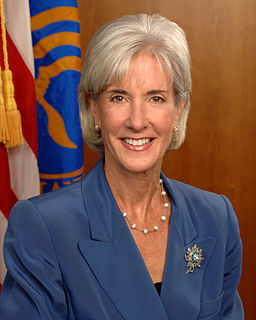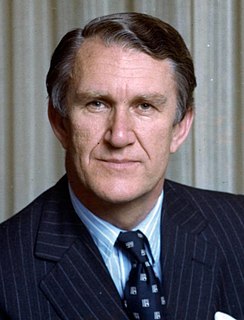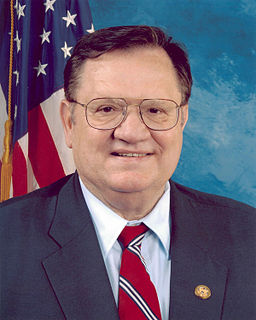A Quote by Craig Venter
I turned 65 last year, and each year I get more and more interested in human health. For most people it happens around age 50, but I've always been a slow learner. It's critical in terms of the cost of health care.
Related Quotes
And so our goal on health care is, if we can get, instead of health care costs going up 6 percent a year, it's going up at the level of inflation, maybe just slightly above inflation, we've made huge progress. And by the way, that is the single most important thing we could do in terms of reducing our deficit. That's why we did it.
Modern motor vehicles are safer and more reliable than they have ever been - yet more than 1 million people are killed in car accidents around the world each year, and more than 50 million are injured. Why? Largely because one perilous element in the mechanics of driving remains unperfected by progress: the human being.
If my colleagues stop eating donuts and are more active, it saves me money on next year's insurance premium, and I get to work with people who have more energy and creativity each day. Yet most organizations fail to make health a cultural priority. Instead, they treat healthcare like any other expense.
The rise in health care costs since Obamacare, the Affordable Care Act was passed, have been at their lowest rate in 50 years. Those savings have extended the Medicare trust fund by 11 years. So we've got a baseline of facts.So it is true theoretically that all that progress can be undone, and suddenly 20 million people or more don't have health insurance.
































